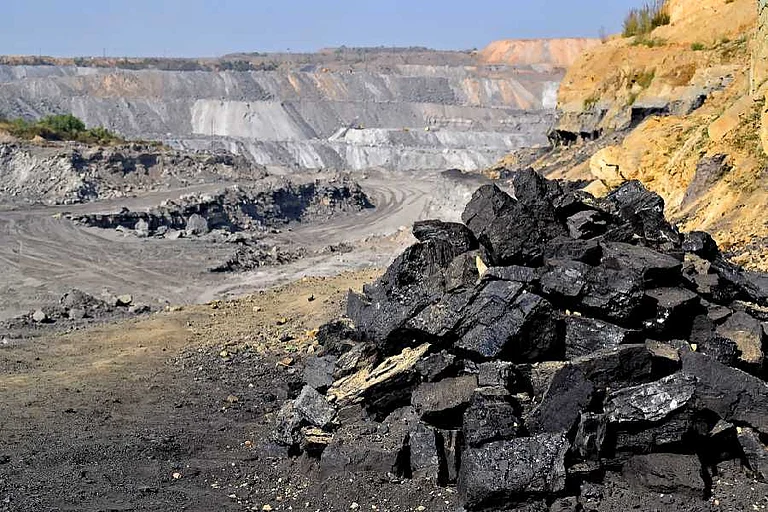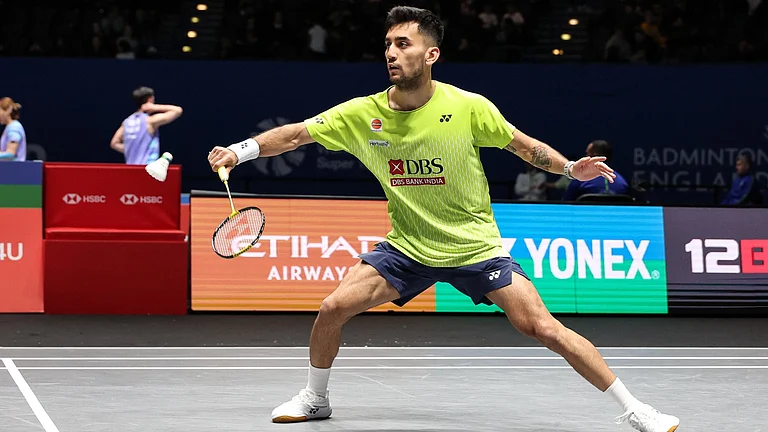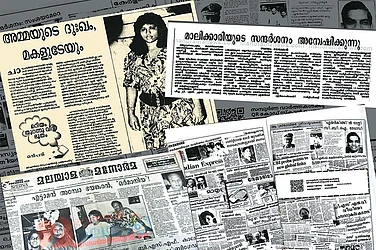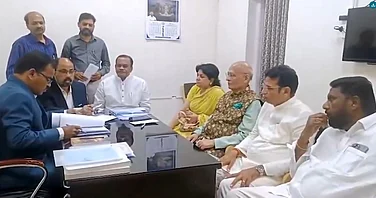Aditya was 13 when he first realised he was queer. Since then, he has been navigating his queerness in the underground homosexual community culture in his small hometown of Jabalpur for nearly a decade, which eventually saw consensual homosexuality decriminalised by the Supreme Court of India in 2018.
He experienced a fair share of both glory and pain for being queer in a small Indian town.
“Pre-377 queer life for us in small towns existed in a parallel universe, after dark, and it was only in the shadows where we could find solace and be our true selves in places where our identities were concealed from the heteronormative world,” he says. Section 377 of the Indian Penal Code had previously deemed consensual homosexual relations as “against the order of nature”.
Now, at 24, Aditya has taken to poetry to distil his non-metropolitan queer experiences. His first collection of poems ‘April is Lush’ was published when Aditya was 20.
He now dreams to see more queer writers openly being celebrated. At a time, when Indian queer publishing in a way is pushed back into the closet, Aditya says, he has not lost hope, ahead of yet another book of poems slated for release.
“I wrote ‘April is Lush’ because I longed for someone to tell me that they believed in me. Above all, I wanted to talk to myself directly and tell myself that It’s all in me, it’s always been there, all along, which no one told me growing up gay in Jabalpur,” he said.
Aditya also envisions an India, which is diverse and fluid.
“I feel that in the upcoming decade, queer culture will become more ‘mainstreamised’, and in turn, society will become more accepting and less heteronormative. The future of India is a more vibrant, diverse, India. A queer India where every voice is unique and different,” he says.

















